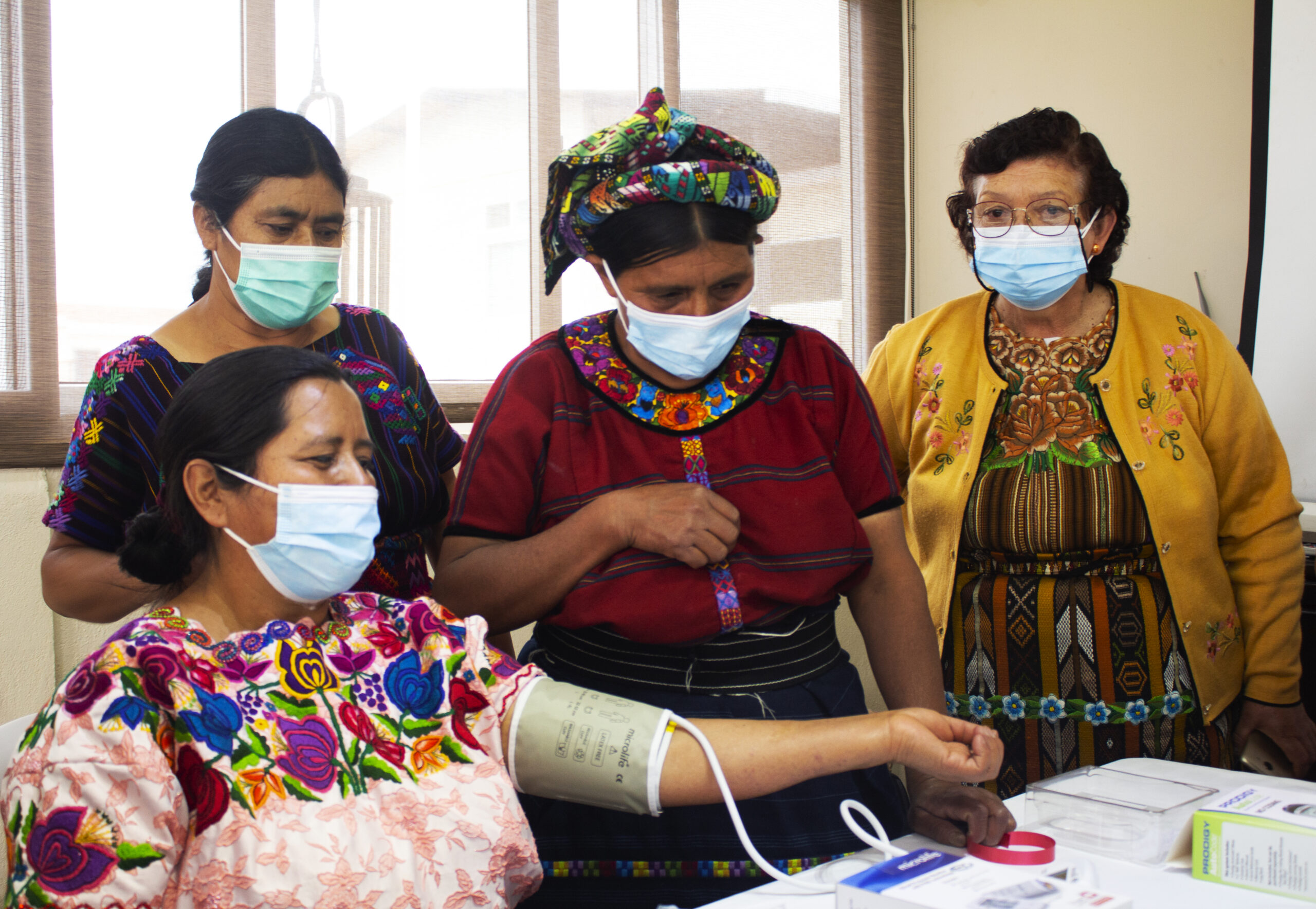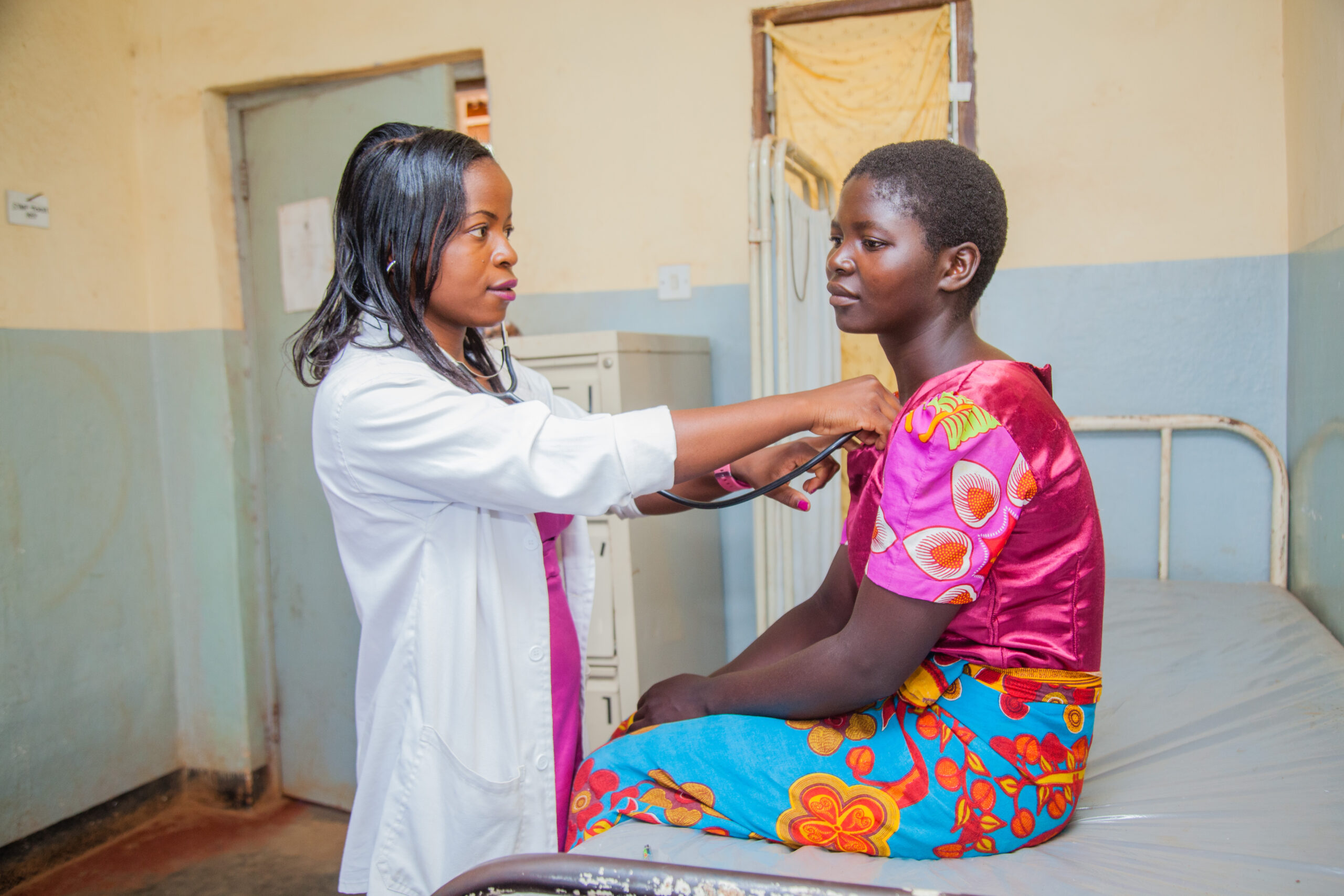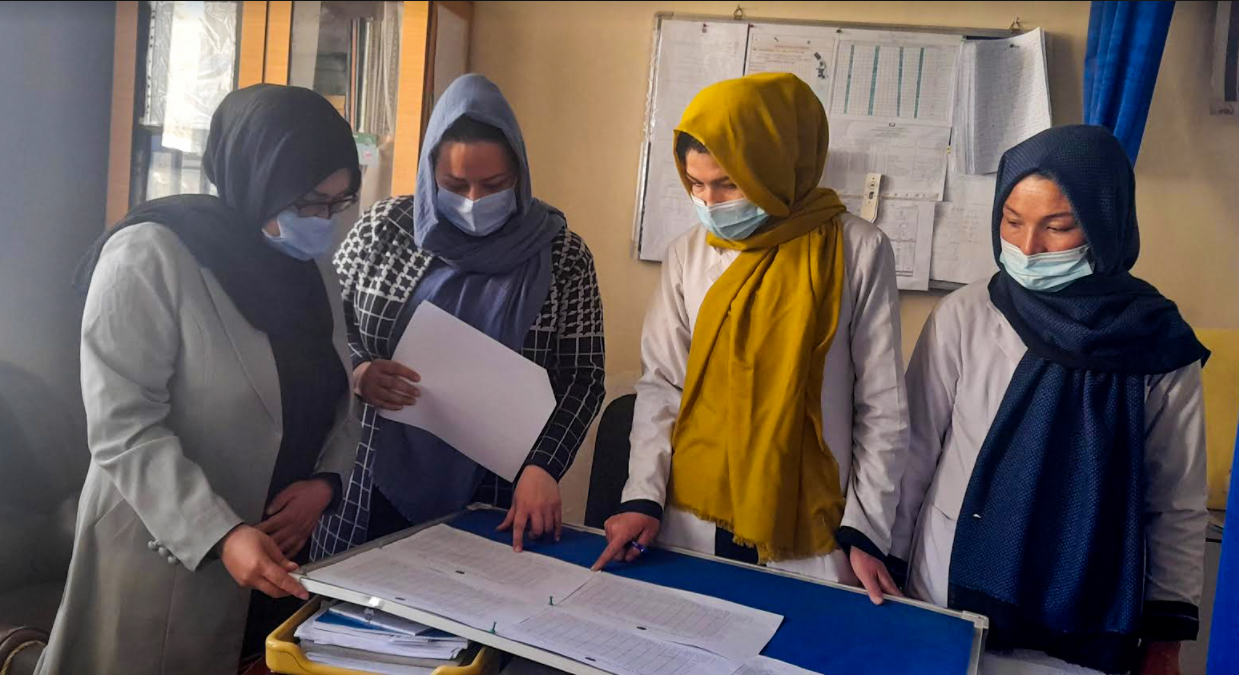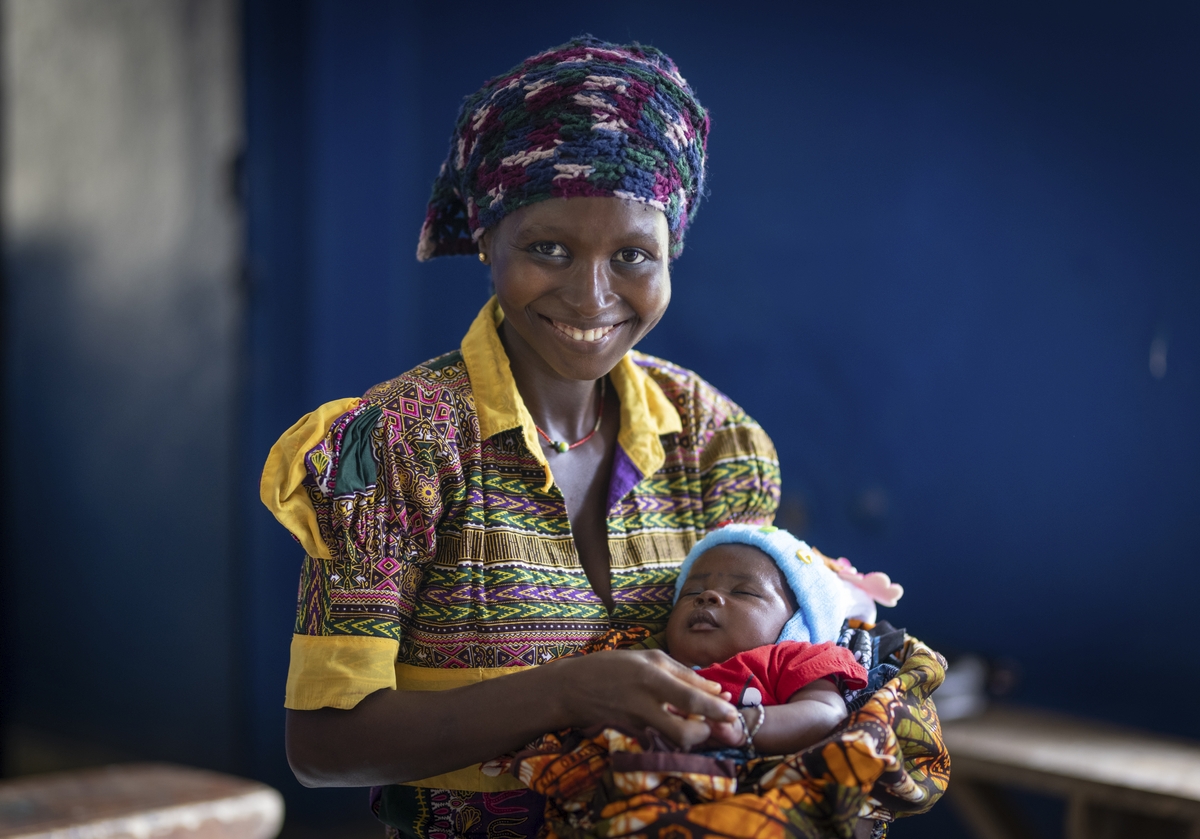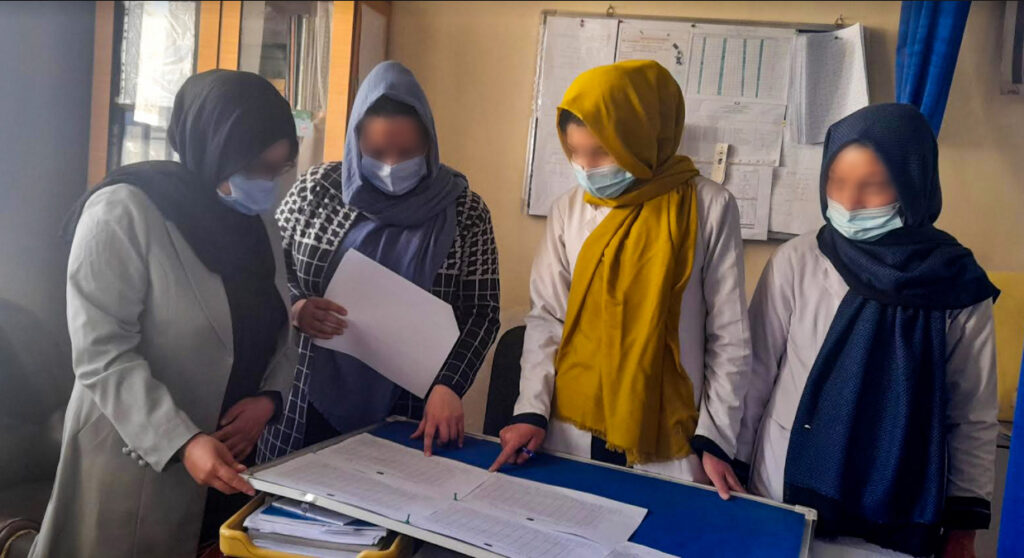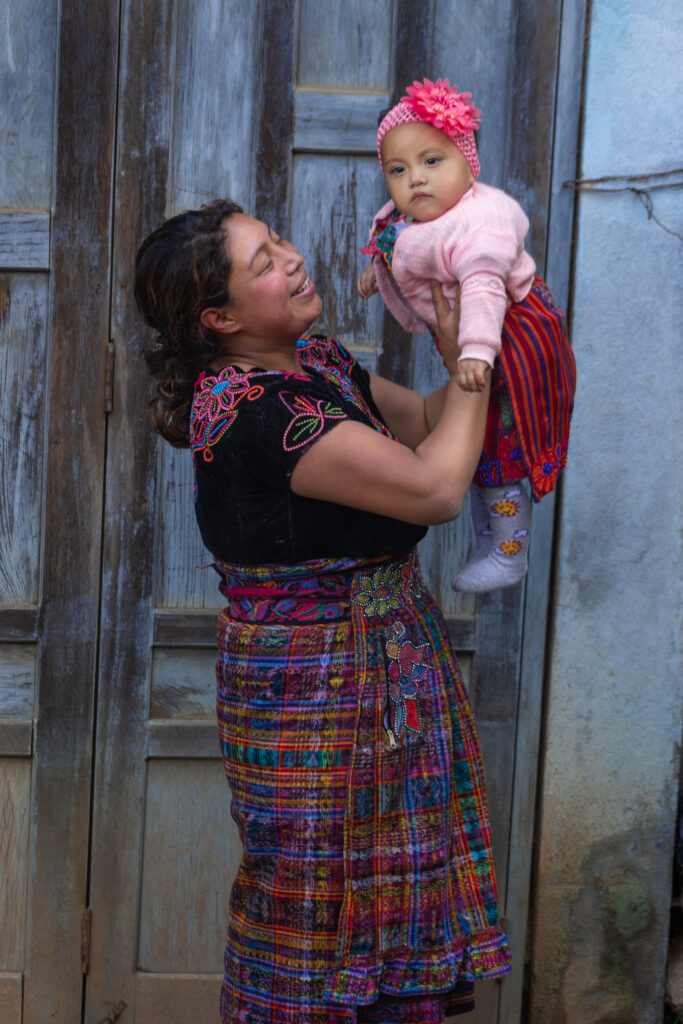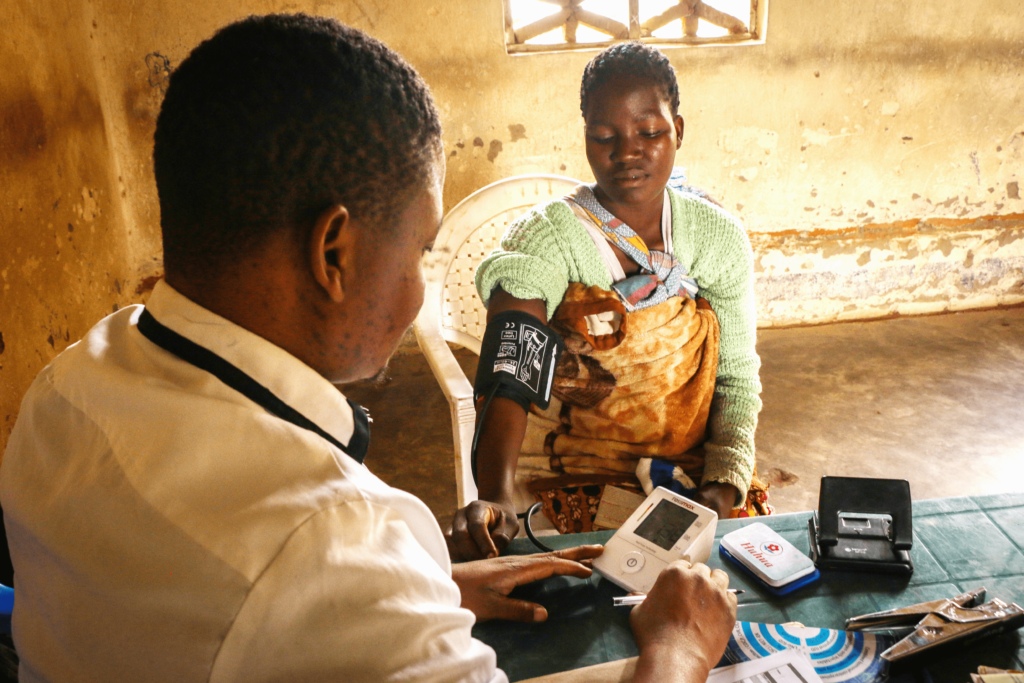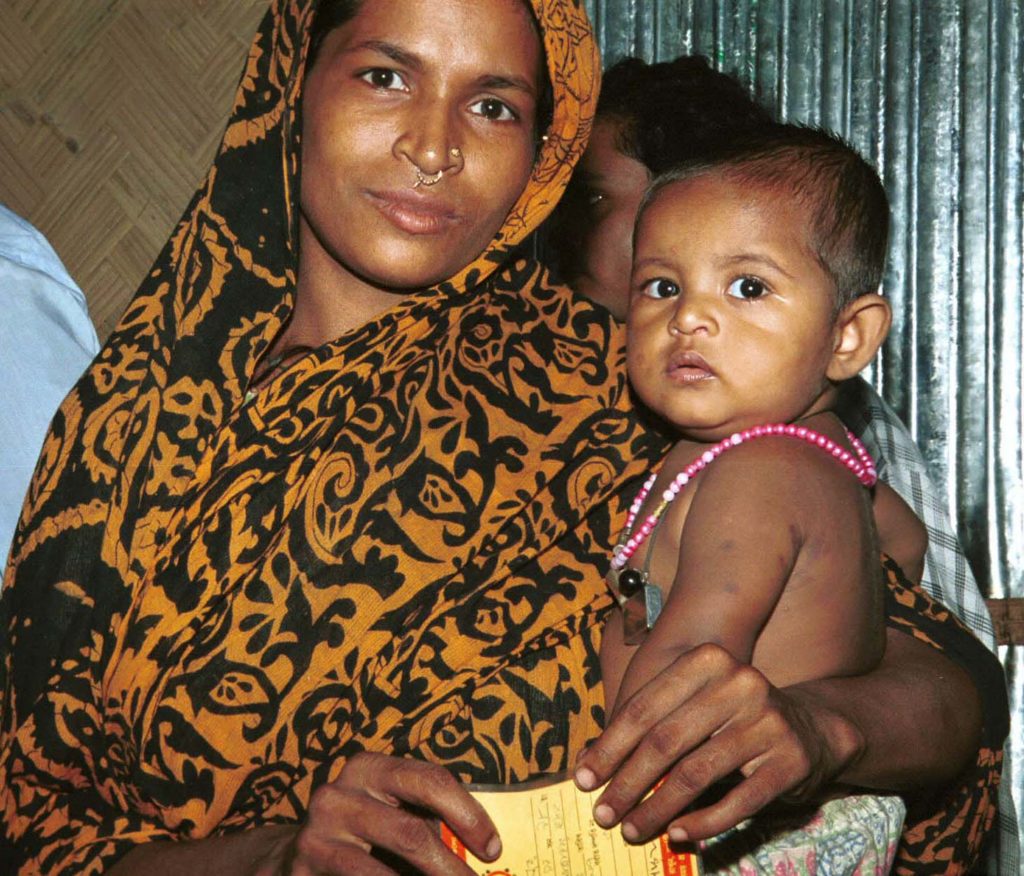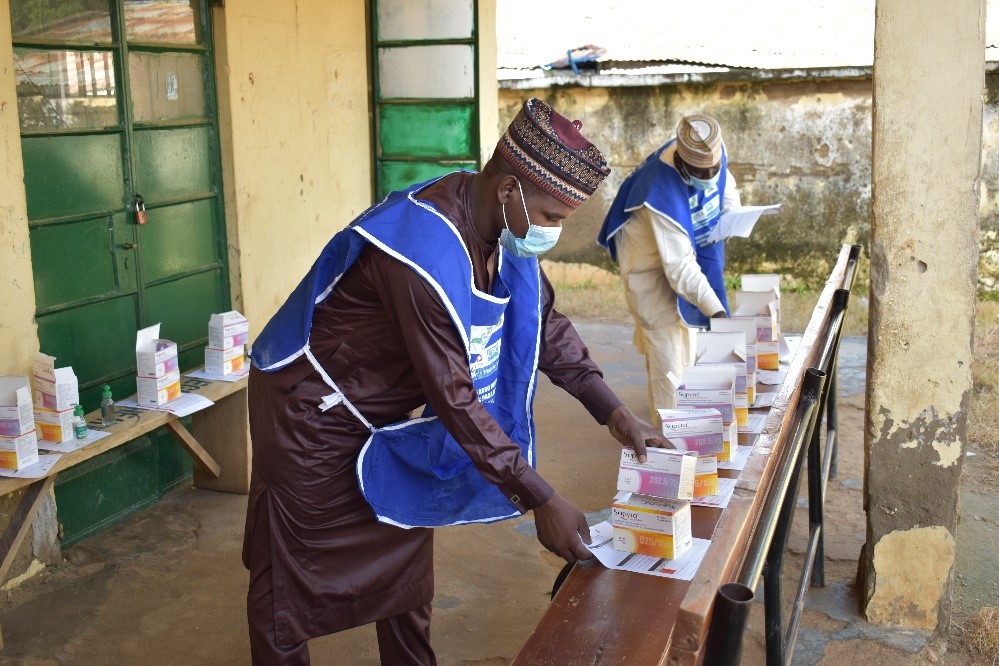MSH at the International Conference on Primary Health Care
MSH at the International Conference on Primary Health Care
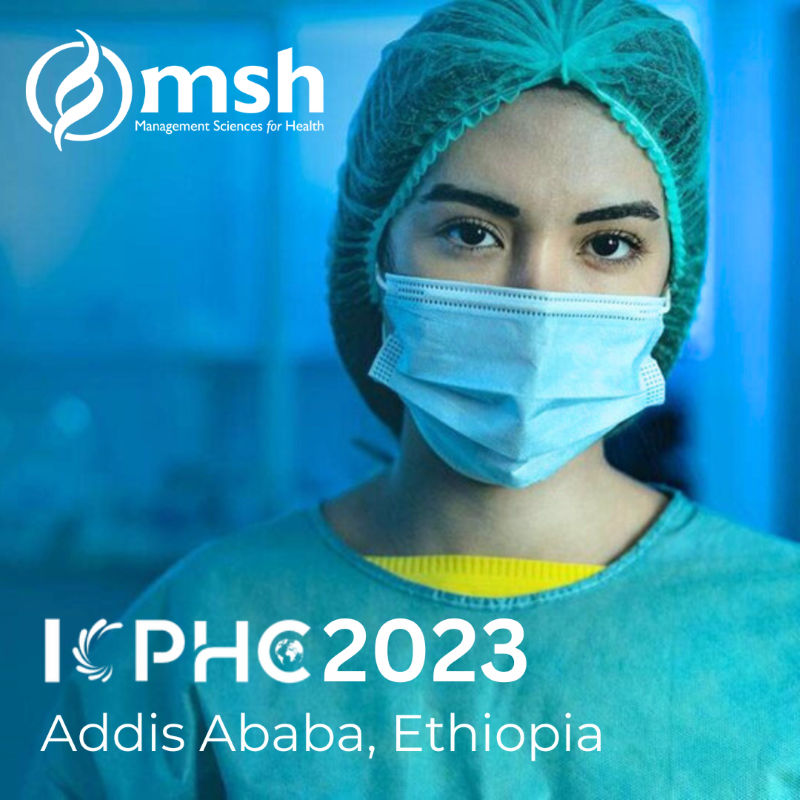
MSH was proud to send a delegation to the International Conference on Primary Health Care (ICPHC), September 5–7, 2023, in Addis Ababa, Ethiopia, organized by the International Institute for Primary Health Care-Ethiopia (IPHC-E) in collaboration with the Ethiopian Ministry of Health and supported by the Johns Hopkins University Bloomberg School of Public Health. Focusing on the conference theme “Resilient Primary Health Care: The Foundation of Universal Health Coverage in the Era of Sustainable Development Goals,” MSH experts shared our work strengthening primary health systems in Afghanistan, Bangladesh, Ethiopia, Guatemala, and Nigeria.
Wednesday, September 6, 2023
MSH Panels
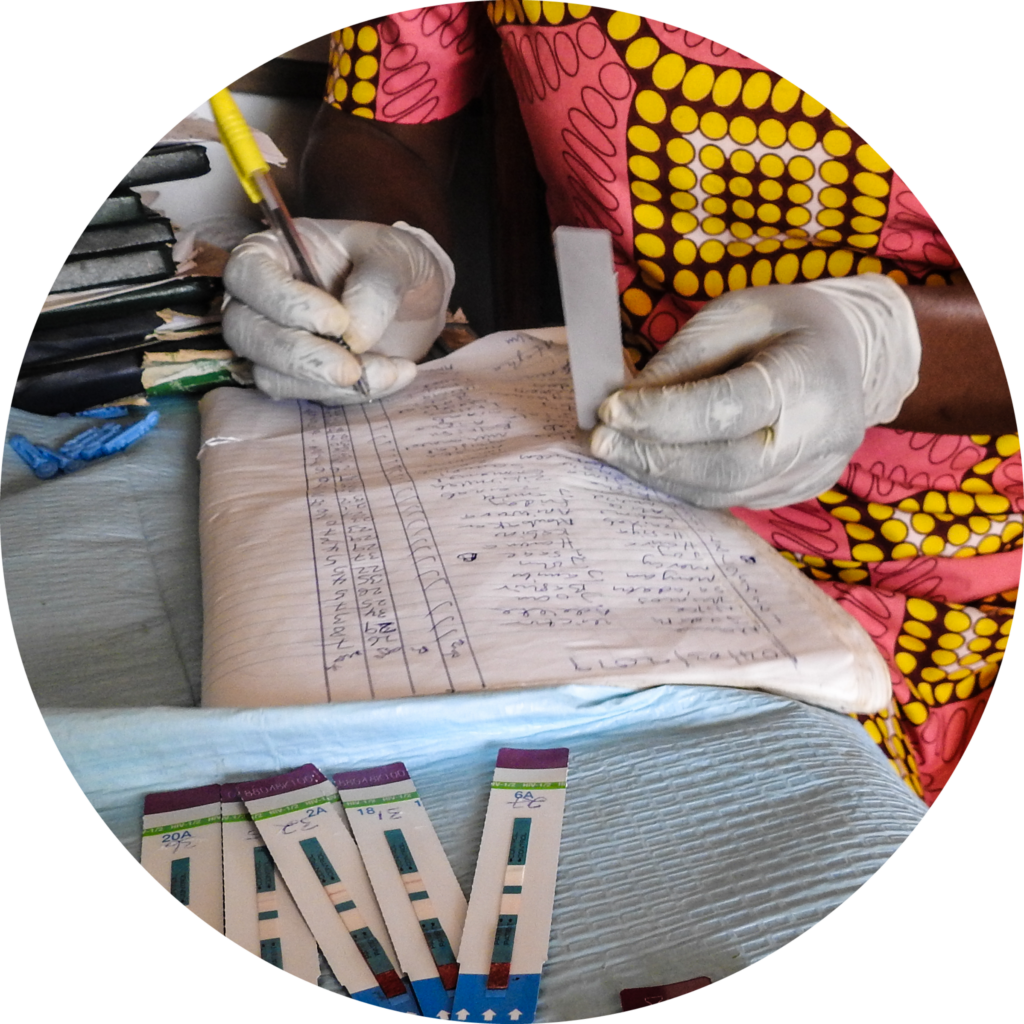
Concurrent Session B1: Lessons Learned from Nigeria, Zambia, and Ethiopia—Strengthening PHC
Community Data Use Pivotal to Improving the Quality of Malaria Services for Pregnant Women and the Resilience of Community Health Systems: The Case of PHCs in Cross River State, Nigeria
- Time: 14:45–15:45 (EAT)
- Location: Ethiopian Skylight Hotel
- MSH’s Linda-Kaka Lawrence Enyia from the US President’s Malaria Initiative for States (PMI-S) project in Nigeria presented the latest from our work in Nigeria.
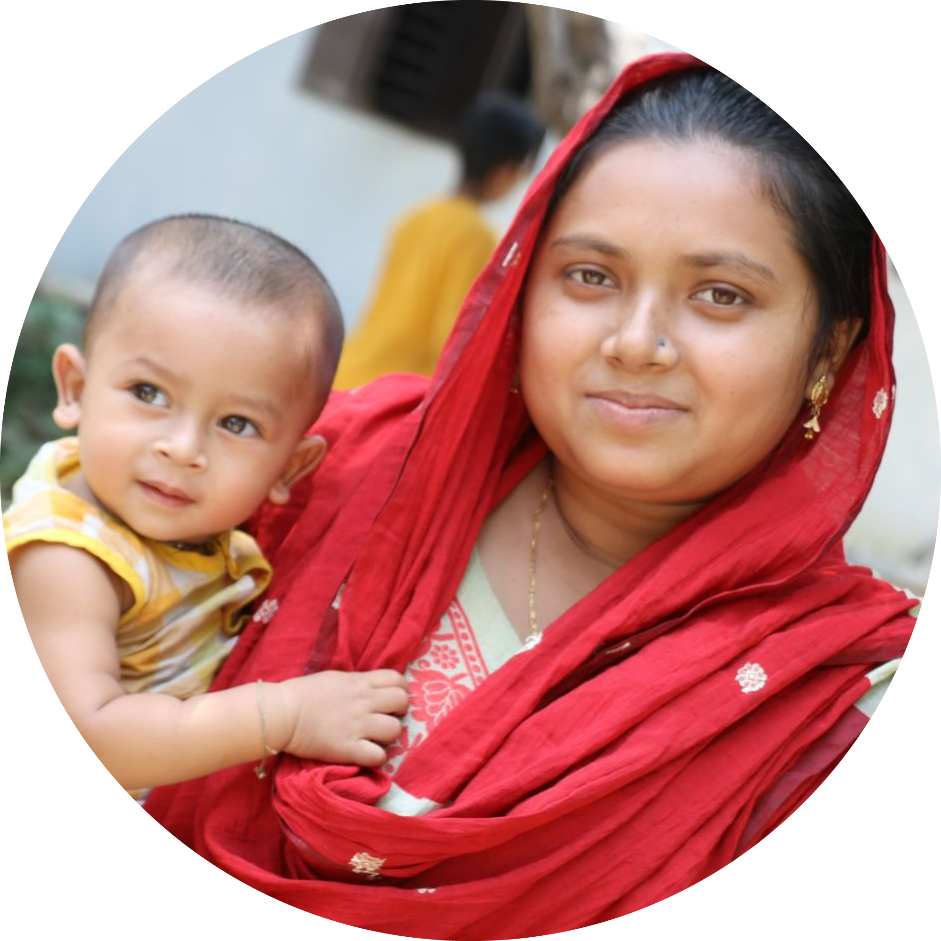
Concurrent Session B2: Service Delivery Model to Improve Maternal and Newborn Health Care in PHC
Improving the Quality of Group ANC-PNC in Urban Slums of Bangladesh through the Model of Improvement and Human Centered Design
- 14:45–15:45 (EAT)
- Location: Ethiopian Skylight Hotel
- Presented by MSH’s A.T.M. Rezaul Karim, Healthy Women, Healthy Families (Shustha Ma, Shustha Poribar)
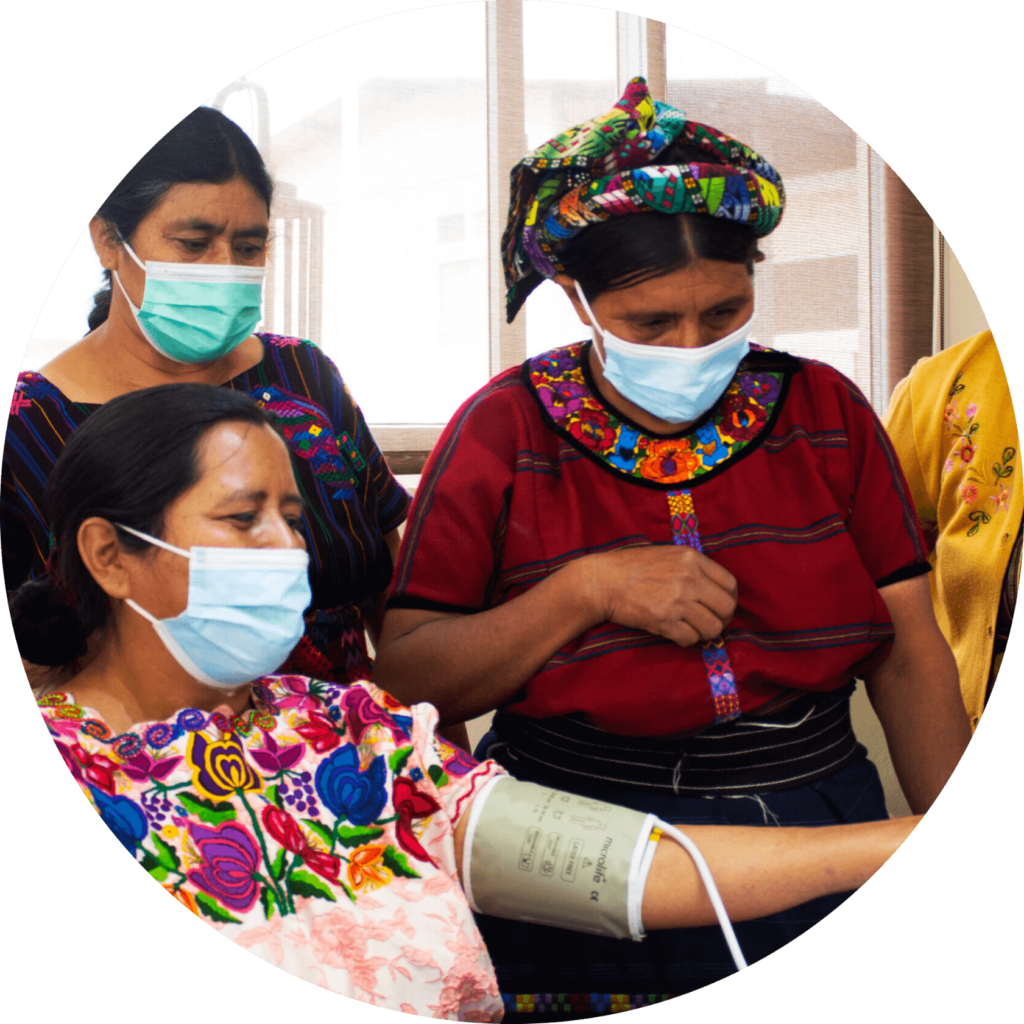
Concurrent Session B2: Service Delivery Model to Improve Maternal and Newborn Health Care in PHC
Engaging Traditional Mayan Birth Attendants in Facility-based Antenatal Care in Rural Guatemala
- 14:45–15:45 (EAT)
- Location: Ethiopian Skylight Hotel
- Presented by MSH’s Martha Murdock, Healthy Mothers and Babies in Guatemala (Utz’ Na’n)
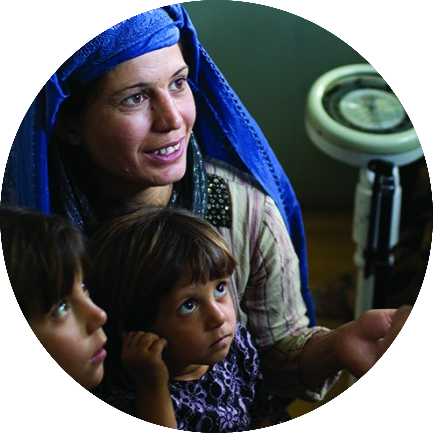
Concurrent Session B3: Building Resilient PHC Systems—PHC-Oriented Models of Care in Fragile Contexts
Group ANC-PNC: Moving Toward a New Model of Care in a Fragile Context for Mothers in Rural Afghanistan
- Time: 14:45–15:45 (EAT)
- Location: Ethiopian Skylight Hotel
- MSH’s Dr. Gul Parkha Manalai Osmani, Senior Technical Advisor from the USAID-Funded Assistance for Families and Indigent Afghans to Thrive (AFIAT) project, discussed the group antenatal and postnatal care (GANC-PNC) model MSH developed to improve pregnant women’s experience of care and uptake of primary health care services in four provinces. At a time when Afghan women are increasingly isolated and disproportionately impacted by conflict and extreme gender inequalities, the GANC-PNC model represents a fundamental shift in how services are traditionally provided.
Thursday, September 7, 2023
Interactive Roundtable Sessions
Establishing Community Linkages to Strengthen Primary Health Care Services: The Role of Community Health Influencers, Promoters, and Services Implementation in Ohaozara LGA, Ebonyi State, Nigeria
- 11:15–12:00 (EAT)
- Location: Ethiopian Skylight Hotel
- MSH’s Iseghohimen Eguavon from the US President’s Malaria Initiative for States (PMI-S) project in Nigeria presented our work implementing community-based strategies that bring affordable, quality primary health care closer to where people live. The PMI-S project, led by MSH, supports the Ebonyi State government to implement the Community Health Influencers, Promoters, and Services (CHIPS) program to improve access to life-saving maternal and child health services in hard-to-reach areas.
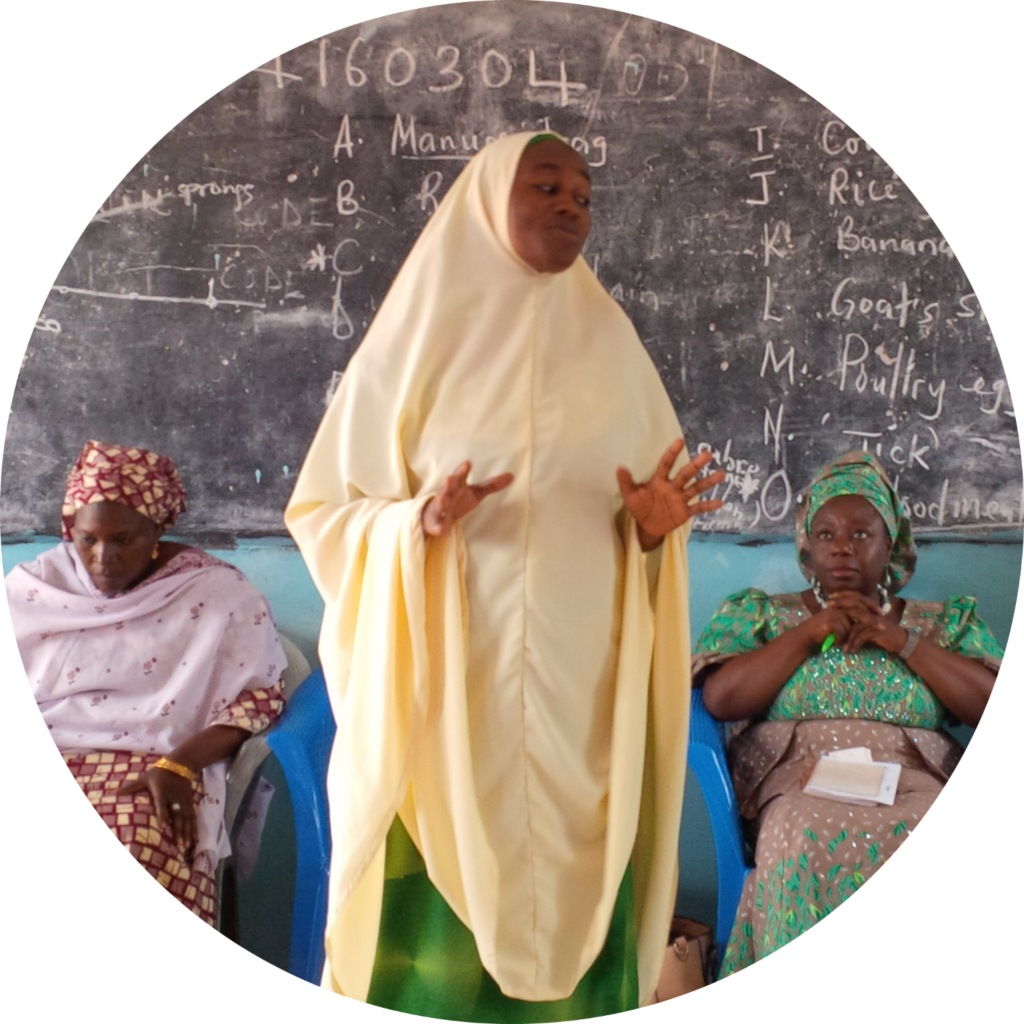
Lightning Sessions
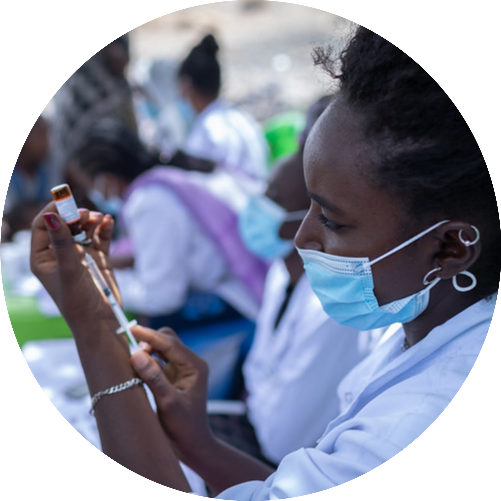
What Are the Costs and Resource Needs of Ethiopia’s Essential Health Services Package?
- 11:15–12:00 (EAT)
- Location: Ethiopian Skylight Hotel
- As the Ethiopian government seeks to promote a sufficiently resourced and high-performing PHC system, evidence is needed on the cost of PHC service provision and corresponding resource gaps. MSH’s Colin Gilmartin, Principal Technical Advisor for Health Economics and Financing, and Engida Abdella of Breakthrough International Consultancy presented work developing and implementing the Primary Health Care Costing Tool and how the Ethiopian Ministry of Health is using it to better prioritize, plan, and budget for the country’s PHC needs. This study provides important insights on facility-level and regional cost variations and possible inefficiencies within the current PHC system.
- Resource: Cost Analysis of Primary Health Care in Ethiopia
Putting Patients at the Center to Strengthen Primary Health Care
With a foundation of strong, person-centered PHC, governments and citizens are better prepared to meet the health care needs of the population—promoting health and preventing disease—while improving their ability to better respond to emergencies and other unexpected events like outbreaks of infectious disease. As the world looks toward 2030 and the goal of achieving UHC—the original vision of Alma Ata—these lessons are critical for helping us on the journey ahead.
Kenya’s Primary Health Care Networks Can Help Deliver Better Care for All
As Kenya and other low- and middle-income countries seek to achieve UHC, they will need to mobilize additional financial resources for PHC. Spending better by focusing on some of the lessons from Kenya will help fully harness the benefits of a high-functioning PHC system.
PHC Costing, Analysis, and Planning (PHC-CAP) Tool
The PHC Costing, Analysis, and Planning (PHC-CAP) Tool helps program planners and decision makers increase coverage and improve the quality of primary health care (PHC) services. The tool allows users to monitor their PHC performance and identify where additional funding is needed to deliver quality services across health care systems, specifically at which geographic locations and for which services or facility levels.
